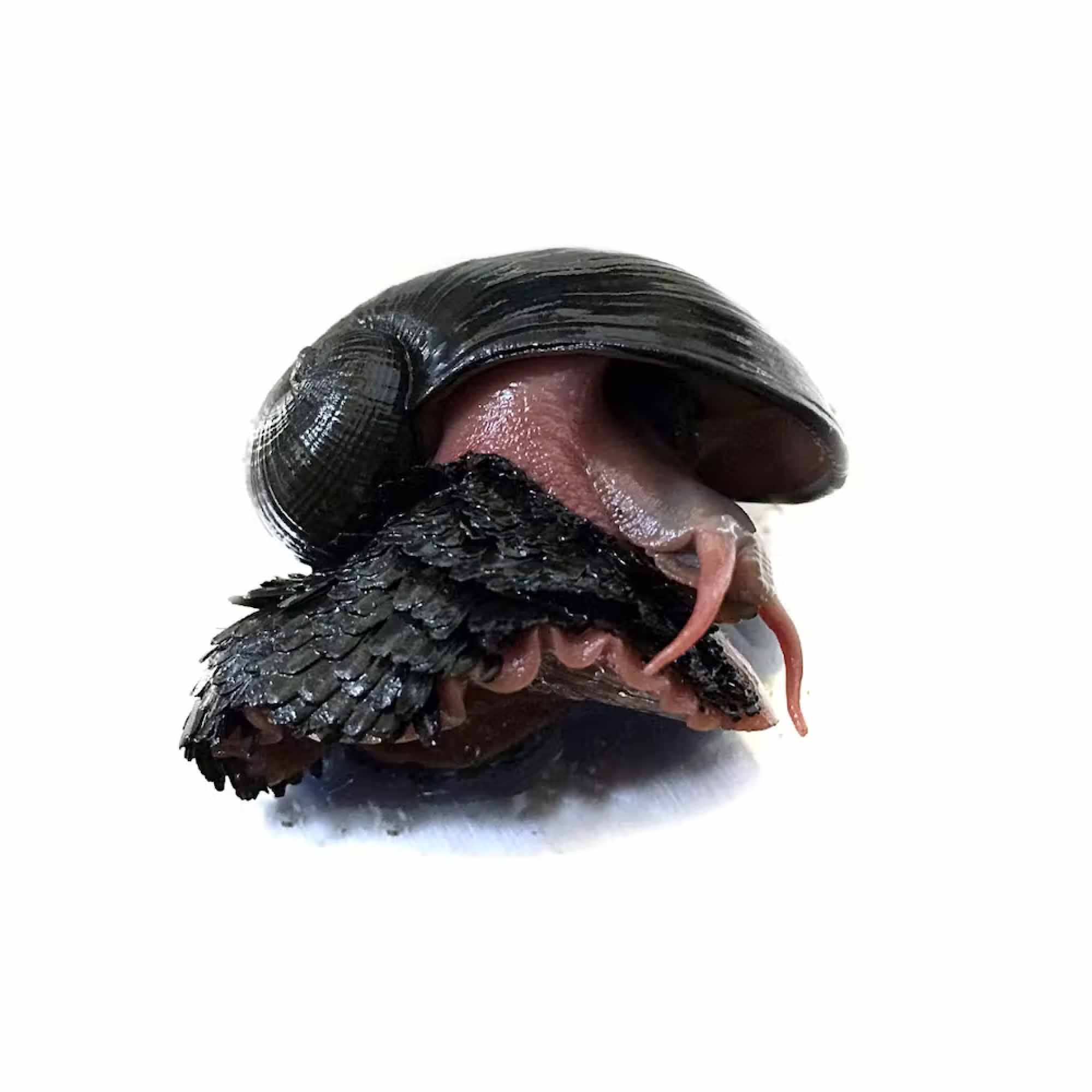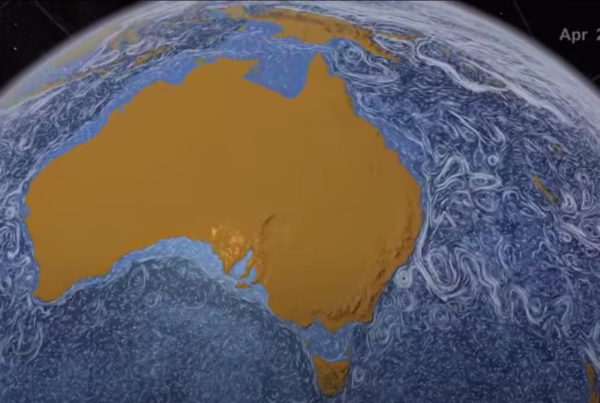Imagining Lexicons for Changing Seas 3
How might we unground and up-root dominant, terrestrial biases to better evoke more-than-human marine natures, the seas and seabeds, and our connections with them? Is it possible to de-terrestrialise and blur the imaginaries and ontologies through which we differently orient toward the ocean, to create languages with the ocean (Reid, n.d.)?
Thinking with the ocean and drawing on Adrienne Rich’s poem ‘Diving into the Wreck’ (Rich 1973), Madison Bycroft’s video “the fouled compass” (Bycroft 2020) explores less dominating ways of orienting to the world, that are also less driven by linear goals of achievement. Practices of floating, for example, and
“narratives of desire that are not goal oriented. A narrative that doesn’t (try to) arrive, or like an intransitive verb, that doesn’t take an object. We are the half-destroyed instruments / that once held to a course / the fouled compass: measurement has strayed, diverged, or detoured—With a fouled compass, you may set out on a journey, but it’s open, bypassing an economy of achievement. I am also interested in the redemptive qualities of failure, when what we have been taught is “success” is usually synonymous with power, mastery, and dominance.”
In Jue’s interview with Bycroft (Jue and Bycroft 2020), they discuss oceanic concepts such as floating and drifting as potential methods for knowledge creation.
MB:
It was perhaps the same summer that I began floating as a kind of methodology. In floating, gravity is obviously still at play, but it makes me feel a stronger surrender to other agents too. I yield to the tide and so the sun, the moon, and the position and orientation of the earth, the friction of the wind on the surface, the weather, the salinity of the water, and I negotiate with my body, with my digestive status, my breath, my fatigue.
(…)
MB: I was interested in making a connection between the practice of floating and those narratives of desire that are not goal oriented. A narrative that doesn’t (try to) arrive, or like an intransitive verb, that doesn’t take an object. We are the half-destroyed instruments / that once held to a course / the fouled compass: measurement has strayed, diverged, or detoured—With a fouled compass, you may set out on a journey, but it’s open, bypassing an economy of achievement. I am also interested in the redemptive qualities of failure, when what we have been taught is “success” is usually synonymous with power, mastery, and dominance.
MJ: This resonates a lot with me. Unlike mountain climbing, where the peak is the goal, going for a swim, dive, or float can be much less structured. You don’t always swim to something, you just… swim. I think you are onto something with the implications for language: that an oceanic narrative might not arrive or take a grammatical object.
(…)
MB: I’d like to think that I am always myself mixed with somebody, or something, or somewhere. But this feels much more tangible when I am floating. Floating, drifting, and being untethered might also be a way of opening, yielding, or attempting to resist some of the structures we are tied to.
Since my Masters, I have been fascinated by the Ancient Greek verbal category called the middle voice. It is used to describe verbs that are neither active nor passive, or both at once. Floating is in this way an active passivity—there is intention and effort involved in allowing yourself to get carried away.
MJ: I also learned about the middle voice in graduate school! It’s wild. Or rather, it shouldn’t be, but it offers another way of describing agency that feels more adequate to something like floating, or perhaps the growth of plants. There’s something called a “drift dive” in scuba diving, where you allow the current to carry you forward, and the boat will pick you up at a later spot. This experience of getting carried away is also effortful—one is not always graceful in adopting a posture to ride out the force of a current!
Justin Shoulder’s 2020 video ‘AEON†: EP I’ (Shoulder 2020) invokes a future coalition of ‘interspecies elemental shapeshifting’–inspiring a re-imagining of potential material kinships with the deep ocean realms and communities. Drawing on Filipinx Myth, Puppetry, pageantry and ritual, ‘AEON†: EP I’ evokes the phenomenal scaly-footed snail (or sea pangolin) that lives on and around hypothermal vents. These incredible extremophilic beings thrive under conditions unimaginable to humans. They come into being through mineral kinships with the deep ocean’s mineralised waters and seafloor. Their existence is also threatened by the deep seabed mining regime (Sigwart 2019) and its proposals to terraform the deep seabed and crush hydrothermal vents in order to extract mineral deposits. The Seabed Mining regime will operate in a self-regulating environment, in a world the corporate and state miners barely know. The corporate grab for mineral profits will exterminate the scaly-footed snail along with other marine beings and communities. Shoulder’s video foregrounds the elemental agency of the scaly-footed snail, bringing them into an active voice and presence. As an interspecies coalition, the multiple subjects in ‘AEON†: EP I’ find mineral kinships across fiery marine topographies. Not only challenging how ‘blue’ dominates representations of the ocean, but also reminding us of how photic biases unsee the greater portion of the ocean that thrives without sun. What languages need to be created for these darkful, fiery, dense, and deep ocean communities and realms? ‘AEON†: EP I’ invites us to find new expression for our mineralised embodiments and, thereby kinships with seabed communities. How might imaginative oceanic lexicons also challenge and open toward extended concepts of ecological subjectivity that ought to be brought into relation with the ocean?

Scaly-footed snail or sea pangolin
Image source URL: https://theconversation.com/sea-pangolin-the-first-ever-species-endangered-by-potential-deep-sea-mining-120624
References
Bycroft, Madison, dir. 2020. The Fouled Compass. Video. https://vimeo.com/481901746.
Jue, Melody, and Madison Bycroft. 2020. “Madison Bycroft ‘the Fouled Compass’; Introduced by Melody Jue.” Online cinema. Vdrome. 2020. https://www.vdrome.org/madison-bycroft/.
Reid, Susan. n.d. “Imagining Justice with the Ocean.” Under review, Sydney: University of Sydney.
Rich, Adrienne Cecile. 1973. “Diving Into the Wreck.” In Diving Into the Wreck, 22–24. New York: W. W. Norton & Company.
Shoulder, Justin, dir. 2020. AEON† : EP I. Video. https://vimeo.com/462832770.
Sigwart, Julia. 2019. “Sea Pangolin: The First Ever Species Endangered by Potential Deep Sea Mining.” The Conversation. 2019. http://theconversation.com/sea-pangolin-the-first-ever-species-endangered-by-potential-deep-sea-mining-120624.


